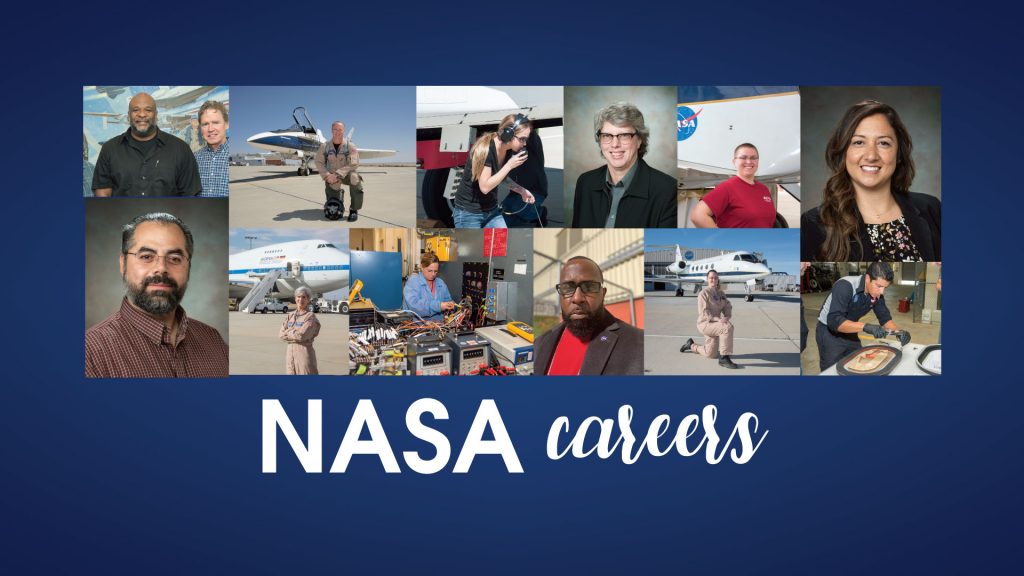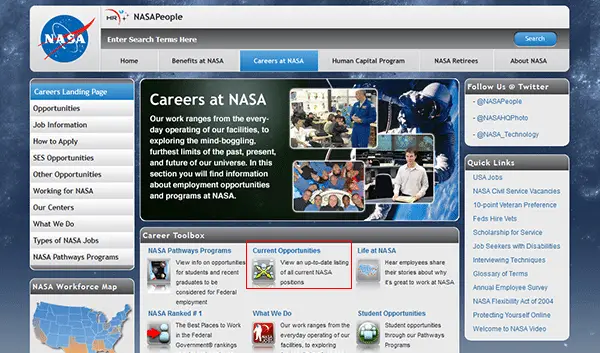
For every full-time employee working on Moon-to-Mars projects at a NASA center, 37 additional jobs are supported throughout the economy.Īccording to NASA’s Chief Economist, we can expect an updated report every two years. NASA’s Moon-to-Mars campaign alone supports 93,731 jobs with an economic output of $20.1 billion.California, Texas, Alabama, Florida, and Maryland are the most positively impacted states.Approximately $7.7 billion in federal, state, and local tax revenues can be traced to NASA investments.economy, reflecting the highly skilled nature of the space exploration workforce These jobs paid more than the average in the U.S.For every full-time job located at a NASA facility, nearly 18 additional jobs were supported throughout the U.S.An estimated 339,645 jobs were sustained by NASA across the country.Some highlights of NASA’s impact during the 2021 fiscal year: It demonstrates beyond a shadow of a doubt that investments in space are, ultimately, investments in the nation. The analysis, performed for NASA by researchers at the College of Urban Planning and Public Affairs at the University of Illinois, Chicago, shows that every state in the union is impacted positively by NASA. space agency supports nearly 340,000 jobs across the country, jobs that pay higher-than-average salaries and invest in key industries like scientific research and advanced manufacturing. Space science and technology and their applications are increasingly being used to support a wide range of UN activities, with at least 25 entities, and the World Bank Group, routinely making use of technological breakthroughs being developed.NASA released its latest economic impact report in October 2022, and it’s a doozy. In 1958, the General Assembly adopted its first resolution related to outer space, resolution 1348 (XIII) entitled "Question of the Peaceful Use of Outer Space".Īlmost a decade later, on 10 October 1967, the Treaty on Principles Governing the Activities of States in the Exploration and Use of Outer Space, including the Moon and Other Celestial Bodies, entered into force. On 4 October 1957, the launch of the first human-made Earth satellite, Sputnik 1, paved the way for space exploration.įrom the very beginning of the Space Age, the UN has recognized that outer space represented a new frontier for all humanity. In the future, 90% of all jobs will require STEM related skills and women must possess skills and education to be competitive in the future employment market, says UNOOSA.Īccording to the UN, to succeed in addressing the 17 Sustainable Development Goals, the world must ensure that the benefits of space reach women and girls and that women and girls play an active and equal role in space science, technology, innovation, and exploration. Women CEOs also represent 19% of the leaders in aerospace and defence, even though space tends to offer high earning jobs in a fast growing sector, providing women with more financial freedom and empowerment.


Over 560 people have traveled to space, but less than 70 of them are women. Of the 225 spacewalks that have been taken, only 15 were by women. “Space for women means strengthened awareness, capacity, and skills, empowering young women and girls globally and promoting gender equality,” she says. ‘Better future’įor Simonetta Di Pippo, UNOOSA’s Director, “equality is the pre-condition for a better future.” To address some of those issues, the United Nations Office for Outer Space Affairs ( UNOOSA) launched Space4Women, to promote women's empowerment. Overall, the number of women in the aerospace industry have fluctuated at around 20 percent for at least 30 years. Only 11 percent of astronauts so far, have been women. Recent research shows that women are still visibly underrepresented as researchers in STEM fields in all regions, averaging just 28.8 percent, globally.

Gender inequality is a long-standing and widespread issue in education and careers in Science, Technology, Engineering, and Mathematics (STEM) fields, both in developed and developing countries.


 0 kommentar(er)
0 kommentar(er)
